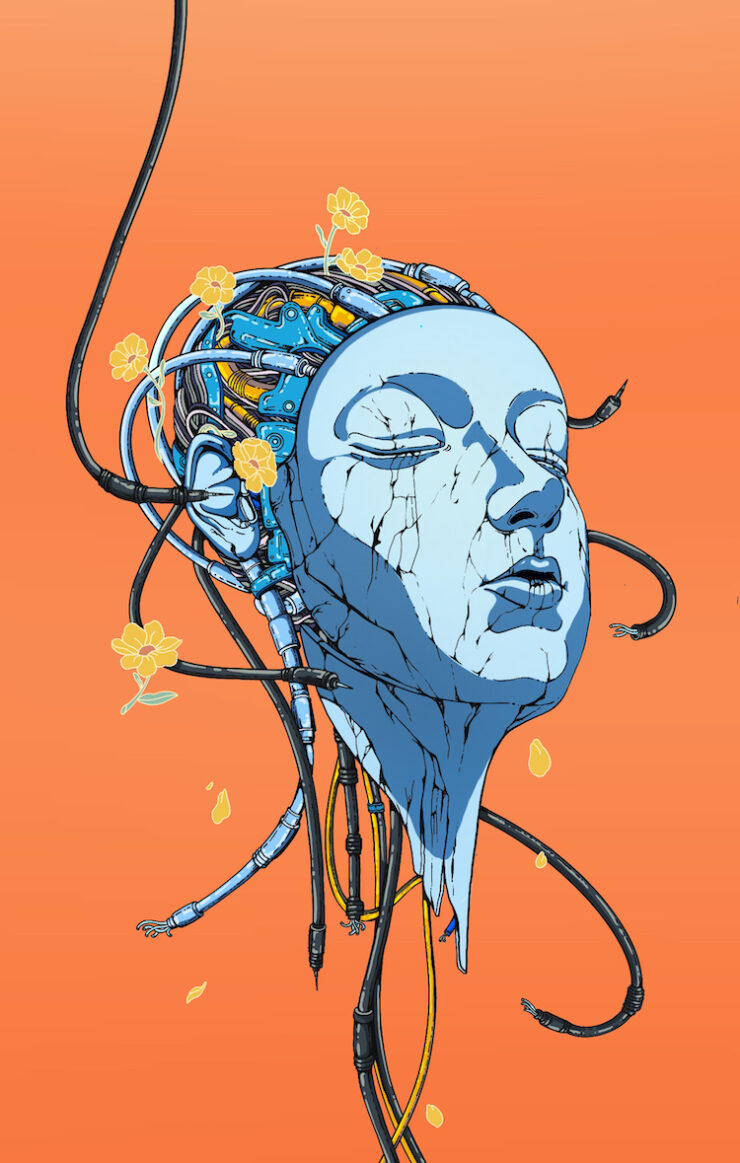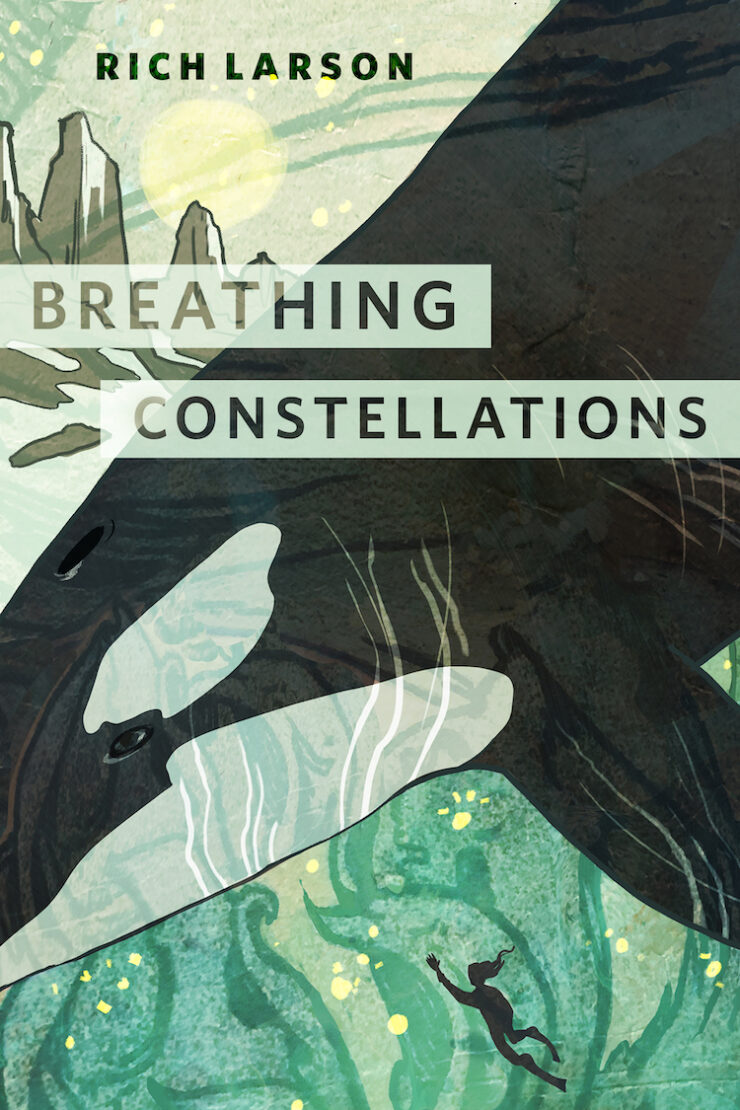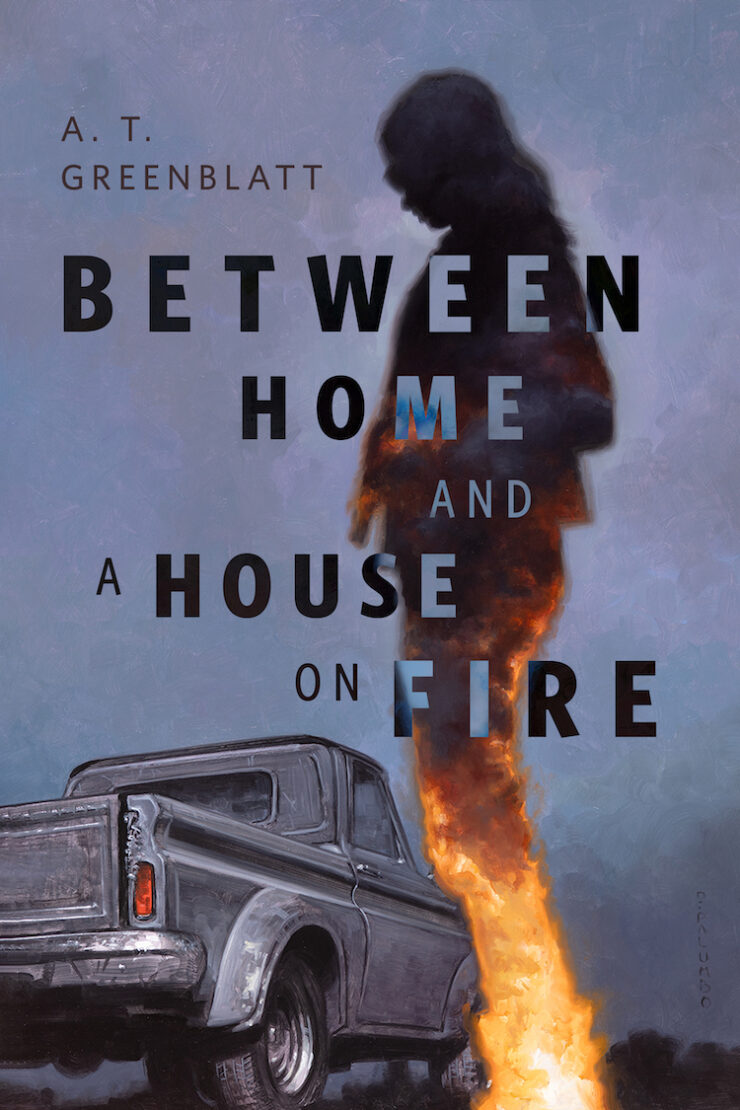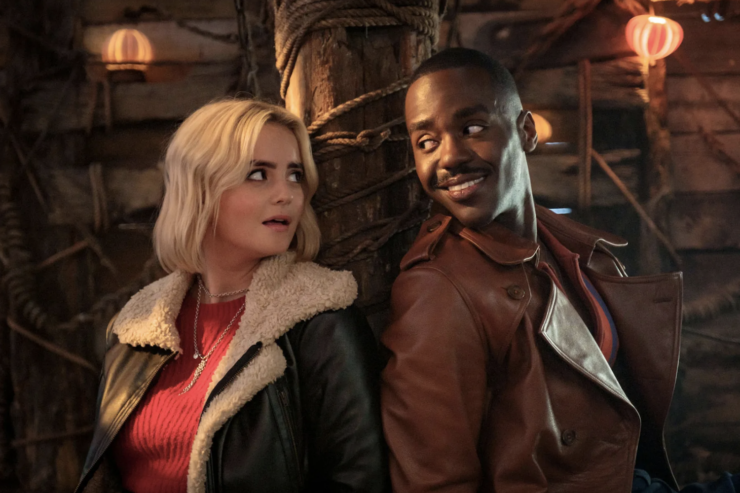Doctor Who is so, so alive. The world’s oldest and arguably greatest science fiction (and occasionally fantasy) series is firing on all cylinders this year, thanks to Ncuti Gatwa’s high-energy performance as the Doctor and Millie Gibson’s super-engaging turn as Ruby Sunday, not to mention the return of Russell T. Davies and Steven Moffat on top form.
To celebrate, here are some HOT takes about the greatest show in the galaxy. Vworp vworp!
(Missed the previous entries in this series? Here are some grab bags of brief hot takes about Batman, Star Wars, Star Trek, and shared universes.)
Doctor Who has wasted some great story seeds from “Genesis of the Daleks”
Steven Moffat has mined this 1975 classic for story ideas at least twice: in “The Magician’s Apprentice” / “The Witch’s Familiar” and more recently in “Boom.” But there’s still some great material that nobody has touched. In particular: the Doctor’s suggestion that “many future worlds could become allies” because of the threat of the Daleks, and that something good could come of the Daleks’ evil… this is something I’d love to see dramatized on screen. (When Terry Nation wrote this line, the memory of Stalin, Roosevelt and Churchill joining forces against the Nazis was somewhat fresh, but of course that alliance didn’t exactly last.)
Also, I’ve long been tantalized by the bit at the very beginning where a Time Lord warns the Doctor about a possible future where the Daleks have won—becoming the only surviving life form in the universe. It would be fascinating to visit that alternate future and perhaps see the Daleks trying to establish it as the main timeline.
It’s time to have another companion who’s not from present-day Earth
The TARDIS crew regularly used to include people who came from the past, the future, or other worlds. But since 2005, every companion (barring Captain Jack Harkness, Nardole, and arguably River Song) has come from Britain in the early 21st century. A contemporary companion has obvious advantages in relatability, but the show also makes the most of the companion’s ability to pop back home between adventures and visit their family and other loved ones. It keeps the show a bit more grounded, and makes Who a bit more of a portal fantasy. But on the flipside, a companion from further afield could do a lot to defamiliarize the present and shake up the Doctor-companion relationship. And instead of popping back to London to visit a family dealing with domestic issues, they could, I dunno, go visit a family that’s dealing with some Game of Thrones shit. Give us an Ice Warrior companion, the people demand it!
Leela was a gay icon
I’m not even kidding. For those who haven’t watched classic Doctor Who, Leela was a barbarian warrior (think Red Sonja or Sheena) who traveled with the Doctor for a couple of years. Leela doesn’t often share screen time with other women, because (allegedly) Robert Holmes didn’t like writing female characters. But just watch her and Toos in “Robots of Death”—first she gives Toos advice on how to deal with a nasty injury, then they wind up canoodling until a robot interrupts them.
(Let’s leave aside “Horror of Fang Rock,” where Leela decidedly does not have chemistry with Adelaide.) And then in “The Invasion of Time,” Leela definitely starts a smoking romance… I’m just not convinced it’s with Andred, that walking wet blanket. Just watch Leela running hand-in-hand with Rodan, and tenderly sheltering Rodan in the wilderness. I do not for one second believe that Andred was the reason Leela decided to stay on Gallifrey.
The Doctor is responsible for all of humanity’s future crimes
If you watch enough Doctor Who, two things become clear. First, humanity would not have survived the past few decades without a lot of help from the Doctor. Humans are the Doctor’s favorite species, which is why they’ve bailed us out so many times. Just watch “Turn Left” for a selection of all the ways humanity would have been doomed without the Doctor’s help. And second, humanity will go on to swarm across the universe, colonizing and laying waste to everything in our path. Some of Doctor Who’s most interesting stories deal with the destructive effects of Earth’s future empire, and it’s all the Doctor’s fault. When we became the Doctor’s pet project, countless other worlds were doomed to untold suffering. The Doctor has been put on trial twice for largely bogus reasons, when there’s an actual crime to hold them accountable for…
The Doctor occupies a space somewhere between fool and anti-hero
The Doctor is a rambling adventurer, with no permanent affiliations, who shows up out of the blue (box) and solves problems (and occasionally overthrows the government). At times, the Doctor seems to have deep knowledge or special abilities, but mostly their only superpower is time travel. At one end of the extreme, the Doctor can be seen as a fool, who blunders into situations and then has to find a way out, while saving as many lives as possible. Or the Doctor can be an anti-hero, who has secret knowledge and manipulates everybody to achieve some benevolent outcome.
Lately I’ve been reading James Cooray Smith’s excellent newsletter Psychic Paper, which analyzes a lot of 1980s Who stories. And it’s clear that the Eighties pushed both of these aspects of the Doctor as far as they could. The Fifth Doctor is very much a fool, who stumbles into trouble and hardly ever manages to save anyone. Sylvester McCoy’s Seventh Doctor is an extreme anti-hero, who keeps his cards close to his chest. And Colin Baker’s Sixth Doctor is… a bit of both? He has no clue, but he’s also a jerk. Newer Doctor Who has also played around with anti-heroism, most notably with the Tenth Doctor declaring himself the Time Lord Victorious, and the Twelfth Doctor lying and manipulating people—but it’s mostly tried to steer a middle path, with the Doctor having elements of both extremes but also carving out a third space in which the Doctor knows more than anyone but also identifies consciously as a fool (see Peter Capaldi’s speech in “Death in Heaven”). I kind of think that middle space is where Doctor Who lives most comfortably.
Chris Chibnall had the right approach to history
There’s much to celebrate about the period from 2018 to 2021, when Jodie Whittaker was the Doctor and Chris Chibnall was the show’s head writer. Including Whittaker’s dazzling performance, Jo Martin’s startling turn as the Fugitive Doctor, and Sacha Dhawan as the Master. (Plus Yaz, who rocked.) But the thing that really sticks in my mind is the show ‘s thoughtful, sensitive approach to history—an important aspect of a show about time travel. Prior to 2018, Who tended to focus on historical figures like Shakespeare or Napoleon, but suddenly we were meeting Rosa Parks, Ada Lovelace, Mary Shelley, and Mary Seacole. These are important historical figures that a lot of viewers might not be as familiar with. We also witnessed the partition of India and King James’ witch hunts. Not only that, but Chibnall brought in writers like Malorie Blackman, Maxine Alderton, Vinay Patel, and Joy Wilkinson to write these stories, bringing new perspectives. You can’t imagine a better future without reconceiving history, and Chibnall’s era of Doctor Who showed the way. More please.
It’s time to see the Thals again
I just got the Blu-ray of the first ever Dalek story, colorized and edited down to a more watchable length… and it started me wondering about the Thals. The Thals are basically a whole society of ski-instructors, who fought a devastating war against the Daleks’ ancestors, and they’ve turned up twice since 1964: once in “Genesis of the Daleks,” and once as a space-faring people in “Planet of the Daleks.” We haven’t seen the Thals for fifty years, and it makes me wonder: How do you deal with the legacy of an endless war that your ancestors fought, which gave rise to the most horrific war machines in history? How do you survive that? Do the Thals try to hunker down someplace where the Daleks might never find them, and return to their pacifist agrarian ways? Or do they keep trying to fight the Daleks forever, as in “Planet,” with the knowledge that they are the species the Daleks hate most of all? There’s so much historical trauma and guilt and resilience tied up in the story of the Thals, and I would love to see a Thal story where the Daleks never turn up. (I also want to meet some Thals who don’t look blonde and Nordic!) And speaking of the Daleks again…
“The Chase” should have been the scariest story of all time
The second Dalek story, “The Dalek Invasion of Earth,” did a masterful job of upping the stakes, having the Daleks show up on Earth and subjugate humanity. The follow-up story, “The Chase,” is basically a farce in which the Daleks quickly lose all sense of menace, and eventually get fucked up by a bunch of anhedonic D20s called Mechanoids. It’s embarrassing! But “The Chase” contains an incredible premise that Doctor Who failed to take advantage of: an enemy who is bent on wiping out the Doctor, pursuing the TARDIS in their own time machine, killing everyone in sight wherever the Doctor goes. A threat the Doctor can’t escape just by popping into the TARDIS and disappearing. Relentless, implacable, inescapable. Anyone who meets the Doctor is marked for death. The Terry Nation who wrote the first two Dalek stories and “The Keys of Marinus” (and Blake’s 7) would have had a field day with that premise.
It makes total sense that the Fifteenth Doctor gets to be sad
In “The Giggle,” Ncuti Gatwa’s Fifteenth Doctor tells David Tennant’s Fourteenth Doctor to go get some therapy and deal with all the trauma the Doctor has been through over the centuries. (“I’m fine because you fix yourself.”) The strong implication is that the Fourteenth Doctor will spend decades healing and focusing on self-care. But now, we regularly see the Fifteenth Doctor looking sad, and even crying—and some corners of the internet seem to view this as a contradiction. First of all, the Fifteenth Doctor also appears way more joyful, curious, and open to new experiences than some previous incarnations. And to be honest, I don’t believe that getting over trauma makes you less prone to sadness or weeping—if anything, dealing with your shit allows you to express sadness in a healthier manner, and that’s what we see happening right now. The Fifteenth Doctor seems like someone who has gotten a new lease on life, and is able to let both positive and negative emotions flow through him without shutting down the way you saw some of the previous Doctors do. (There’s a reason so many men can’t cry, and it’s not because they’re mentally well.)
The Doctor needs a new archnemesis
The first decade of classic Who introduced the Daleks, the Cybermen, the Ice Warriors, and the Master, with the Sontarans showing up in year eleven. Since then, we’ve gotten some memorable one-off baddies, but arguably nobody with real staying power. The closest new Who has gotten to creating an iconic new baddie is the Weeping Angels, who seem to lack a strong motivation to keep driving new stories. (What do the Weeping Angels want? It’s not always clear, but mostly they seem to like to touch people and send them back in time, which makes them more of an infestation than an army. Oh, and they want the TARDIS, but everybody wants the TARDIS.)
To be sure, most of the classic series’ villains were intended as one-offs, until their popularity took everyone by surprise. (That’s why the Daleks were originally unable to leave their city, and why the Cybermen can’t survive the destruction of their planet Mondas.) The Master remains the most successful example of Who setting out on purpose to create a recurring foe, with a whole season of stories in which he terrorized the Doctor and friends—and some version of this strategy might work again, if the villain in question has enough charisma or a compelling ideology.
Doctor Who could have beaten Star Trek to the Borg
Doctor Who featured the Cybermen quite a bit in the 1980s, but for whatever reason the show never seemed to explore the basic concept of “cybernetic people who want to turn everyone else into cyborgs.” Imagine if “Attack of the Cybermen” had delved deeper into the inherent creepiness of the Cybermen trying to convert everyone, instead of including it as one plot element among a thousand others. Imagine if 1980s Who had bothered to explore what makes the Cybermen the Cybermen, instead of just treating them like generic stormtroopers. A lot of what made the Borg so chilling in Star Trek: The Next Generation could have appeared on Doctor Who first.
An earlier version of this piece neglected to mention Nardole. It’s now been fixed.
This article was originally published at Happy Dancing, Charlie Jane Anders’ newsletter, available on Buttondown.










